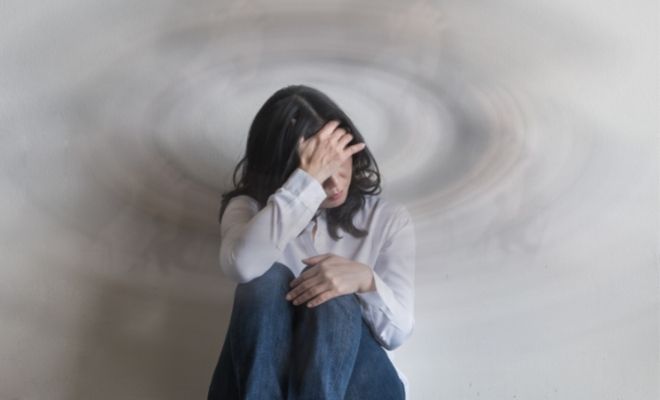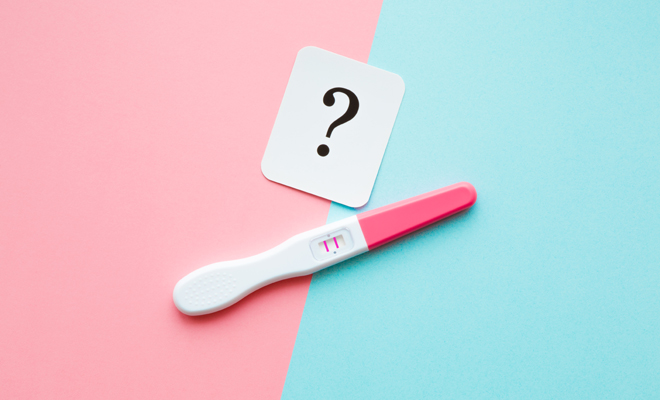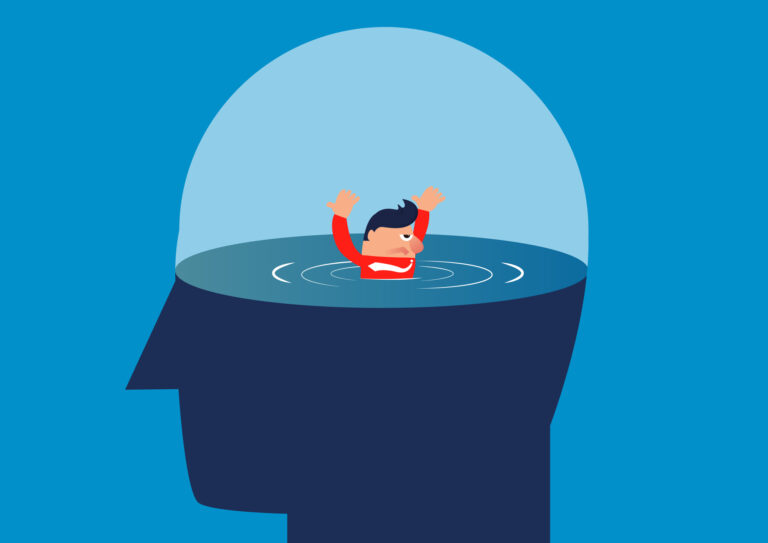Have you ever felt dizzy because you were excessively anxious? Or because you had a time of high stressed that ended up becoming anxiety? People who suffer from anxiety suffer formal, from psychological (fear, feeling of insecurity, panic…), to behavioral (avoidance) and physical or physiological (dizziness due to anxiety, dizziness, nausea, chest pain…).

In this article we will focus on one of these symptoms: anxiety dizziness. We will talk about what exactly they are and we will discover why they occur in a more concrete way, that is, what happens at a physiological level for them to occur.
Finally, we will explain how they can be combated, that is, by directly addressing anxiety through different techniques typical of psychotherapy, in order to reduce its probability of appearance. Don’t miss it!
Anxiety dizziness: what are they?
Stress and anxiety can cause physical or emotional tension which, in turn, causes changes in our body. Anxiety itself is a state of physiological hyper arousal, which translates into psychological, behavioral, and physiological symptoms. Within the physiological symptoms of anxiety we find anxiety dizziness.
These are defined as an unpleasant sensation that makes us feel like we might faint. Anxiety dizziness is also called psychogenic vertigo, and is a psychosomatic symptom that occurs in many people with anxiety.
How does anxiety dizziness manifest?
Dizziness due to anxiety usually presents itself in a variety of ways. Among the most frequent we find:
– A sudden feeling of dizziness.
– Feeling of numbness.
– Sensation that the room or space is spinning.
– Sensation of being about to faint.
– Sensation of going on a boat or being in a helicopter.
Why does anxiety dizziness occur?
Although it is anxiety that generates this dizziness, there are two more underlying causes that usually cause this type of dizziness. These are:
Hyperventilation
Hyperventilation occurs when we breathe rapidly, which increases the amount of oxygen in the blood. This causes a greater sensation of suffocation and numbs our extremities. It also causes dizziness due to anxiety, as well as a feeling of vertigo.
Thus, when we suffer from anxiety, or when we are scared, our breathing speeds up (the so-called hyperventilation). If we also suffer from a lot of anxiety or chronic anxiety, this act of breathing rapidly can become a habit. That is why many people have been suffering from anxiety dizziness for a long time (and/or for a long time).
Vasovagal presyncope
Presyncope is defined as the sensation of attenuation of consciousness (without actually losing it). It should not be confused with another symptom such as fainting, since in this second case the person faints, although also without loss of consciousness.
Syncope, for its part, is the temporary loss of consciousness and postural tone. A situation that causes hyper stimulation of the vague nerve causes a reduction in heart rate and dilation of the body’s blood vessels, due to stimulation of the parasympathetic system.
Thus, the heart rate is abruptly reduced, which causes less blood to reach the brain, causing a slight or total loss of consciousness.
In a simpler way, and to better understand how dizziness arises from anxiety in this case, what happens in vasovagal presyncope is that there is a lack of oxygen supply in the blood that reaches the brain. This causes a sensation of sudden instability and “collapse” (without actually losing consciousness), that is, dizziness itself.
How to combat anxiety dizziness?
The treatment of dizziness due to anxiety must be adapted to each specific person, that is, individually. The first thing to do is rule out any organic pathology that could cause such dizziness.
Once its cause is established, that is, when it is known that these arise due to anxiety, the root problem must be addressed. That is, address anxiety. There are different effective techniques for anxiety, although the most important thing will be to learn to manage it, rather than to “avoid” it. The most used techniques, in this sense, are:
Relaxation techniques
Among them we find breathing techniques, such as diaphragmatic (or deep) breathing, or techniques that involve practicing the tension and relaxation of different muscle groups, such as Jacobson’s.
Techniques are very useful to reduce the person’s activation levels, that is, anxiety. They allow promoting a state of relaxation and calming not only physically, but also mentally.
Mindfulness
Mindfulness, also called full attention, is a technique that is increasingly being. Also called mindfulness, it is based on meditation, on letting thoughts flow, accepting them and without judging them.
Mindfulness can also be considered a philosophy of life, and within this, meditations included. Meditation is intended to achieve a deep state of consciousness. This state of consciousness is incompatible with anxiety and, for this reason, these techniques are so effective in alleviating it.
Cognitive restructuring
Cognitive restructuring is a technique typical of cognitive, which helps us to modify dysfunctional thoughts for more adaptive and realistic ones. This can be very useful in the case of anxiety, because, in addition, cognitive restructuring allows us to eliminate cognitive distortions (ways of interpreting reality in a less adaptive or realistic way), very typical of anxiety.
Thus, by changing the thoughts, the symptoms (anxiety) change and this allows to promote emotional calm. In anxiety it is very useful to propose alternative interpretations of events, since these are.
De-catastrophizing, for example, or “putting yourself in the worst scenario”, allows you to assess the real threat of concerns, and not so much the perceived threat (which is usually distorted).
Dizziness due to anxiety is a very unpleasant symptom that makes a person feel like they will faint at any moment. Furthermore, if the person experiences these dizziness with excessive anxiety, the vicious circle can be fed back; thus, the person suffers from anxiety, suffers from dizziness, and when suffering from dizziness with anxiety, the anxiety increases and this causes the dizziness again.
It is important to if the symptoms persist despite the strategies used to alleviate them. As we have seen, to treat dizziness due to anxiety, it will be necessary to attend to and treat the underlying anxiety: identify why it appears and find strategies to manage it.
It is not so much about “eliminating it”, but about understanding why it appears and learning to tolerate it so that it ends up disappearing. This is a path that requires time and effort, but it is worth it if we want to increase our physical and, above all, emotional well-being.
The importance of our interpretations
In this sense, it is important to be aware that, in many cases, what causes us emotional suffering or anxiety, are not the things that happen to us in themselves, but how we interpret them and how we deal with them. Remember that, if we face anxiety, we are one step closer to eliminating anxiety dizziness as aromatic anxiety.






